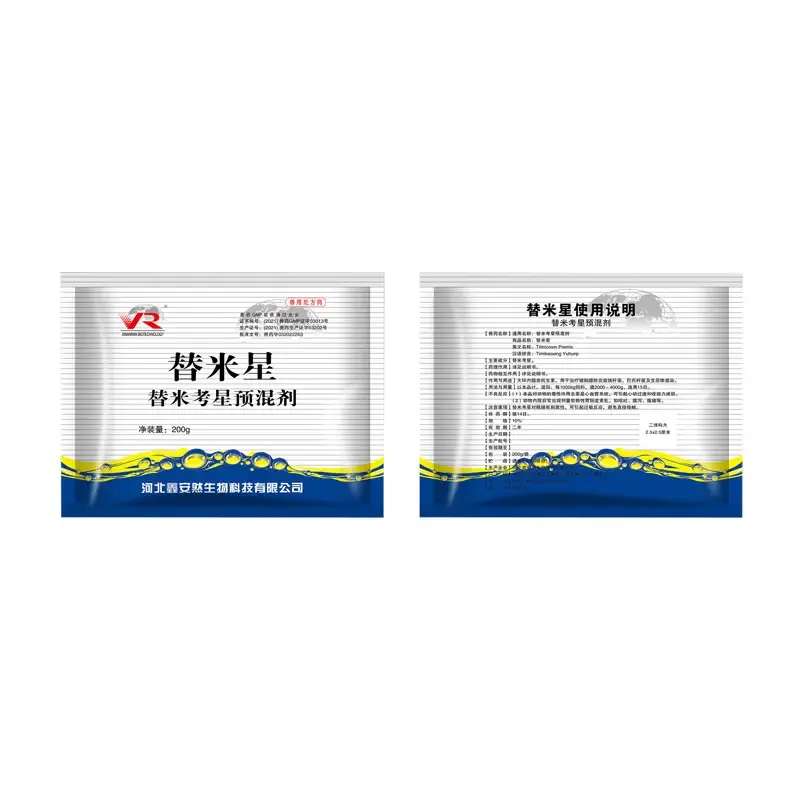- Afrikaans
- Albanian
- Amharic
- Arabic
- Armenian
- Azerbaijani
- Basque
- Belarusian
- Bengali
- Bosnian
- Bulgarian
- Catalan
- Cebuano
- Corsican
- Croatian
- Czech
- Danish
- Dutch
- English
- Esperanto
- Estonian
- Finnish
- French
- Frisian
- Galician
- Georgian
- German
- Greek
- Gujarati
- Haitian Creole
- hausa
- hawaiian
- Hebrew
- Hindi
- Miao
- Hungarian
- Icelandic
- igbo
- Indonesian
- irish
- Italian
- Japanese
- Javanese
- Kannada
- kazakh
- Khmer
- Rwandese
- Korean
- Kurdish
- Kyrgyz
- Lao
- Latin
- Latvian
- Lithuanian
- Luxembourgish
- Macedonian
- Malgashi
- Malay
- Malayalam
- Maltese
- Maori
- Marathi
- Mongolian
- Myanmar
- Nepali
- Norwegian
- Norwegian
- Occitan
- Pashto
- Persian
- Polish
- Portuguese
- Punjabi
- Romanian
- Russian
- Samoan
- Scottish Gaelic
- Serbian
- Sesotho
- Shona
- Sindhi
- Sinhala
- Slovak
- Slovenian
- Somali
- Spanish
- Sundanese
- Swahili
- Swedish
- Tagalog
- Tajik
- Tamil
- Tatar
- Telugu
- Thai
- Turkish
- Turkmen
- Ukrainian
- Urdu
- Uighur
- Uzbek
- Vietnamese
- Welsh
- Bantu
- Yiddish
- Yoruba
- Zulu
Dec . 12, 2024 09:52 Back to list
levamisole hydrochloride and oxyclozanide oral suspension
Levamisole Hydrochloride and Oxyclozanide Oral Suspension A Comprehensive Overview
Levamisole hydrochloride and oxyclozanide are two potent pharmacological agents that are increasingly being used in veterinary medicine, particularly in the treatment and prevention of parasitic infections in livestock. This formulation, often available as an oral suspension, provides a user-friendly method for administering these medications, ensuring that they can be efficiently dispersed throughout the animal's system.
Levamisole is an anthelmintic agent that primarily targets nematodes. It acts through a unique mechanism of action that involves stimulating the immune response and paralysing the parasites, allowing for their expulsion from the host. Its efficacy against various worm species, including those affecting cattle, sheep, and goats, makes it a valuable resource for farmers seeking to maintain the health of their livestock. Additionally, levamisole has been noted to have immunomodulating properties, which can enhance an animal's overall resistance to infections beyond just parasitic diseases.
Oxyclozanide, on the other hand, is particularly effective against trematodes or flukes. It works by inhibiting the energy metabolism of parasitic organisms, leading to their eventual death. The combination of levamisole and oxyclozanide in an oral suspension allows for a broad spectrum of activity against multiple types of parasites, making it a versatile option for the treatment of mixed infections.
levamisole hydrochloride and oxyclozanide oral suspension

The formulation of levamisole hydrochloride and oxyclozanide into an oral suspension offers several advantages. Firstly, the liquid form ensures easier dosing, particularly in cases where animals may resist more traditional methods of medication, such as tablets or injections. This ease of administration is crucial in farm settings where handling animals can be challenging. Additionally, the oral suspension allows for rapid absorption and distribution of the active ingredients, leading to quicker action against the parasites.
Farmers and veterinarians should be aware of the correct dosages and administration protocols when using this medication. Overdose can lead to adverse reactions, including gastrointestinal disturbances and nervous system effects. It is also essential to monitor the withdrawal periods for meat and milk when treating animals with these medications, ensuring that they do not enter the food chain before the residues have cleared, in compliance with food safety regulations.
Moreover, integrating the use of levamisole hydrochloride and oxyclozanide as part of a comprehensive parasite control program is critical. This involves rotating anthelmintics to prevent resistance development in the parasite populations. Combining chemical treatments with good management practices, such as pasture rotation and maintaining overall herd health, can significantly enhance the effectiveness of parasite control efforts.
In summary, levamisole hydrochloride and oxyclozanide oral suspension represents a significant advancement in veterinary pharmacology, offering an effective solution for controlling a range of parasitic infections. Its easy administration, broad-spectrum action, and supportive role in improving farm animal health make it an essential tool for veterinarians and farmers alike. As with all medications, responsible use and adherence to best practices are vital to ensure the health of livestock and the safety of food products derived from treated animals. Therefore, education and awareness are key components in the successful application of this formulation in veterinary medicine.
-
Guide to Oxytetracycline Injection
NewsMar.27,2025
-
Guide to Colistin Sulphate
NewsMar.27,2025
-
Gentamicin Sulfate: Uses, Price, And Key Information
NewsMar.27,2025
-
Enrofloxacin Injection: Uses, Price, And Supplier Information
NewsMar.27,2025
-
Dexamethasone Sodium Phosphate Injection: Uses, Price, And Key Information
NewsMar.27,2025
-
Albendazole Tablet: Uses, Dosage, Cost, And Key Information
NewsMar.27,2025













